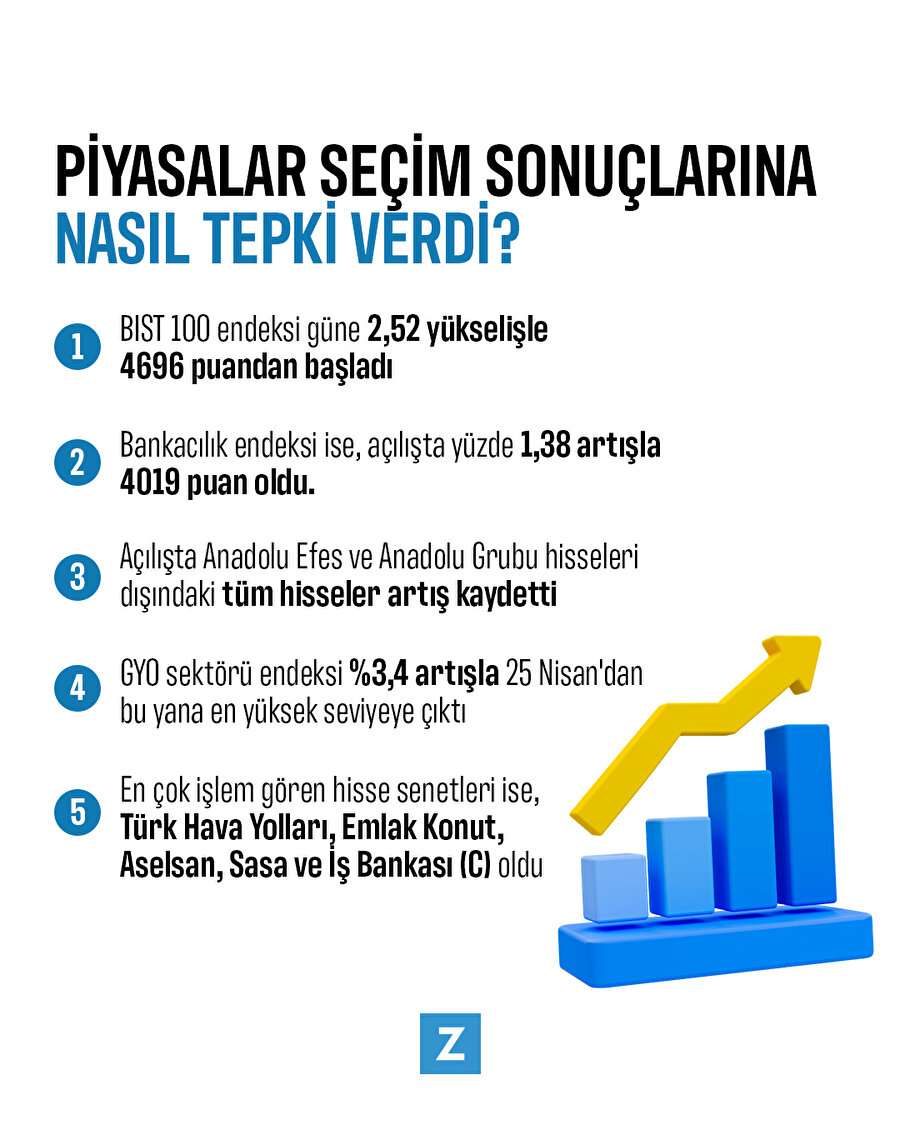Rethinking Middle Management: Their Vital Contribution To Organizational Success

Table of Contents
The Critical Role of Middle Management in Strategic Execution
Middle managers are the linchpin of strategic execution. They translate high-level strategies into actionable plans for their teams, ensuring that the overall organizational vision is effectively implemented at the ground level. This requires a diverse skillset, including strong planning, organizational and delegation abilities. Effective middle managers are masters of strategic implementation, seamlessly converting overarching goals into tangible results. Keywords: Strategic implementation, goal setting, performance management, accountability, delegation, resource allocation.
- Effectively delegate tasks and responsibilities, ensuring accountability at every level. This involves clearly defining roles, setting expectations, and providing the necessary resources and support. Accountability is key; each team member understands their contribution to the larger strategic goal.
- Monitor progress, identify roadblocks, and implement corrective actions. Regular progress reviews are essential to identify potential bottlenecks and address them proactively. This requires strong analytical skills and the ability to make timely, data-driven decisions.
- Allocate resources effectively to optimize team performance and achieve strategic goals. This includes managing budgets, personnel, and other critical resources to maximize efficiency and productivity. Smart resource allocation ensures that teams have everything they need to succeed.
- Regularly review progress against targets and provide constructive feedback. This ensures that the team stays on track and that any necessary adjustments are made promptly. Regular feedback loops are crucial for continuous improvement.
Fostering Employee Engagement and High Performance Through Effective Middle Management
Engaged employees are more productive, innovative, and committed to organizational success. Middle managers are instrumental in fostering this engagement by creating a positive and supportive work environment. Keywords: Employee motivation, team building, talent development, mentorship, communication, feedback, recognition, employee satisfaction.
- Create a positive and supportive work environment where employees feel valued. This involves fostering a culture of trust, respect, and open communication. A positive work environment directly impacts employee morale and productivity.
- Invest in employee development through mentorship and training opportunities. Providing opportunities for professional growth demonstrates a commitment to employee success and fosters loyalty. Mentorship and training programs enhance skills and increase employee engagement.
- Provide regular and constructive feedback to help employees improve their performance. Regular feedback, both positive and constructive, helps employees understand their strengths and weaknesses, enabling them to improve their skills and performance.
- Recognize and reward employee achievements to boost morale and motivation. Celebrating successes, both big and small, boosts morale and reinforces positive behaviors. Employee recognition is a powerful tool for improving engagement and loyalty.
- Promote open communication and encourage feedback from team members. Open communication channels facilitate the free flow of information and ideas, creating a more collaborative and engaged workforce.
Middle Management as a Bridge Between Leadership and Employees: Enhancing Communication and Collaboration
Effective middle managers act as a vital communication bridge, ensuring information flows smoothly between leadership and the workforce. This two-way communication is crucial for organizational success. Keywords: Communication, collaboration, feedback loops, information flow, transparency, conflict resolution, upward communication, downward communication.
- Clearly communicate organizational goals and strategies to their teams. This ensures that everyone understands the overall direction and their role in achieving the company's objectives. Clear communication eliminates ambiguity and fosters a shared understanding.
- Effectively relay feedback from employees to senior management. This ensures that the voices of frontline employees are heard and their concerns are addressed. This upward communication is essential for organizational responsiveness.
- Resolve conflicts and foster a collaborative work environment. Conflict resolution skills are crucial for creating a harmonious and productive team. Middle managers should be equipped to handle disagreements effectively.
- Ensure transparency in decision-making processes. Transparency builds trust and ensures that employees understand the rationale behind decisions affecting their work. Open communication breeds trust and improves buy-in.
- Promote open communication channels and actively listen to employee concerns. Active listening and open communication channels demonstrate respect and create a more engaged workforce.
Developing Effective Middle Management Skills
Investing in the development of middle management skills is crucial for long-term organizational success. Keywords: Training, leadership development, coaching, mentoring, performance reviews, skill development, continuous improvement. This includes providing training programs focused on leadership, communication, conflict resolution, and strategic thinking. Regular performance reviews provide opportunities for feedback and skill development. Coaching and mentoring opportunities can significantly enhance their abilities. Investing in middle management is an investment in the overall success of the organization.
Conclusion
Rethinking middle management reveals their indispensable role in organizational success. By fostering employee engagement, driving strategic execution, and enhancing communication, effective middle managers are the backbone of a thriving business. Investing in their development and empowering them to lead effectively is crucial for any organization aiming for sustainable growth. Embrace the power of effective middle management and unlock your organization's full potential. Invest in training programs and foster a supportive environment that empowers your middle managers to thrive. Rethink your approach to middle management and witness the positive impact on your overall organizational success.

Featured Posts
-
 The Curious Case Of Eminems Gwen Stefani Lyric His Unexpected Response
May 27, 2025
The Curious Case Of Eminems Gwen Stefani Lyric His Unexpected Response
May 27, 2025 -
 Avrupa Merkez Bankasi Ndan Abd Ye Karsi Misilleme Tehditi Piyasalar Nasil Tepki Verecek
May 27, 2025
Avrupa Merkez Bankasi Ndan Abd Ye Karsi Misilleme Tehditi Piyasalar Nasil Tepki Verecek
May 27, 2025 -
 Behind The Scenes Carrie Underwood And Taylor Swifts Reported Feud
May 27, 2025
Behind The Scenes Carrie Underwood And Taylor Swifts Reported Feud
May 27, 2025 -
 Is Gwen Stefani Expecting A Baby With Blake Shelton
May 27, 2025
Is Gwen Stefani Expecting A Baby With Blake Shelton
May 27, 2025 -
 Criminal Minds Evolution Season 3 First Look New Photos Poster And Teaser
May 27, 2025
Criminal Minds Evolution Season 3 First Look New Photos Poster And Teaser
May 27, 2025
